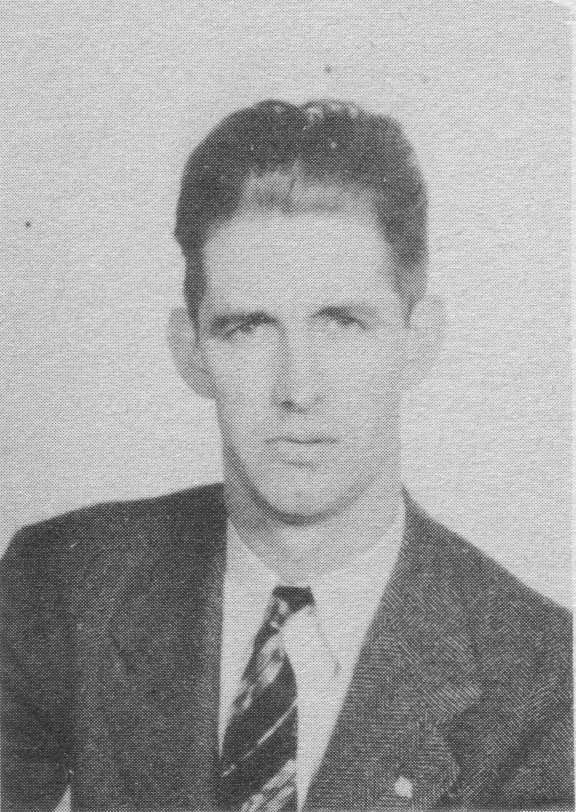Vern Countryman, Associate Professor of Law, 1948-55
Vern Countryman
REFERENCES:
Laura Kalman, Legal Realism at Yale 1927-1960 (1986).
David A. Skeel, Jr., “Vern Countryman and the Path of Progressive (and Populist) Bankruptcy Scholarship,” 113 Harv. L. Rev. 1075 (2000).
Vern Countryman (1917-99) was a graduate student at the Law School in 1947-48 before joining the faculty as an assistant professor. Countryman was a prominent bankruptcy scholar, following in the footsteps of Wesley Sturges and his mentor, William O. Douglas, for whom he clerked. His casebook with J. William Moore, Debtors’ and Creditors’ Rights: Cases and Materials, which was first published in 1947 and went through four editions by 1975, took a novel approach to the subject, by providing the evolution of both the non-bankruptcy and bankruptcy systems of creditors’ remedies, thereby facilitating a comparative evaluation of their merits.
While at Yale, Countryman wrote a number of articles on creditor and debtor rights and one book, Un-American Activities in the State of Washington: The Work of the Canwell Committee (1951), which was an attack on that state’s version of the House Un-American Affairs committee; the state committee purged the University of Washington faculty of communist sympathizers. Countryman was denied tenure by the University, despite the Law School faculty’s positive recommendation, because of that book, which Yale’s President, A. Whitney Griswold, was said to have considered of insufficient academic quality to merit tenure. Many faculty members, however, ascribed the decision to Countryman’s politics and the tenure denial was therefore a cause célèbre. He was offered an extension of his contract to improve his scholarly output for reconsideration, but he resigned instead. After a stint in private practice followed by the deanship at the University of New Mexico Law School, Countryman joined the Harvard Law School faculty in 1964.
